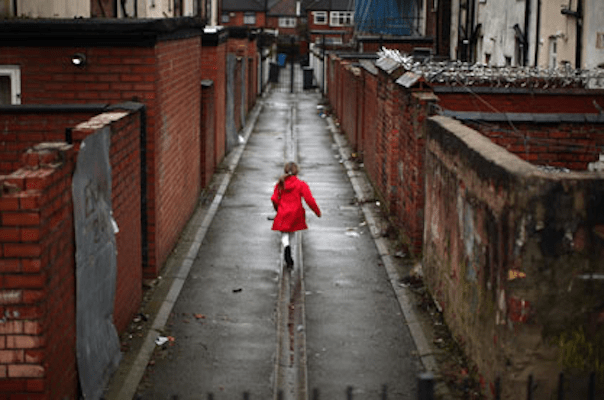Another day, another welfare row. The practical outworking of the Government’s most controversial idea – that people on welfare should actually be better off in work, continues to spark outrage. Today it is church leaders who line up to try to land punches on Iain Duncan Smith, making an attack on his decision that welfare payments (like the average salary) should not keep pace with inflation.
In leading the biggest package of welfare reform since the first foundation stone of social security was laid by William Beveridge, IDS is familiar with the poverty lobby’s ongoing shock-and-awe strategy. Yet like so many who have gone before, today’s critics miss the bigger picture.
Undoubtedly there are serious problems with some of the Government’s approaches to reducing the working welfare budget: regional benefit caps would have been fairer; tacking under-occupancy in social housing should have been designed differently; the endless commitment to throwing bungs at rich pensioners and middle class couples is unjustifiable; and many of the imminent measures should have been applied to new claimants only to save some immediate pain.
It is easy to attack and find difficult cases today. Our economy is in a dreadful state and people are struggling to find enough work. But sorting the welfare mess out is something that cannot be delayed any longer. This isn’t about saving money, it’s about saving lives.
After decades of mis-management, millions of people of working age were on the scrapheap throughout the boom years. People were written off as unfit to work with little hope they might one day return. The number of households where no one had ever worked doubled under the previous Government. The working age welfare bill rose to more than £90 billion a year, Housing Benefit to £21 billion. Compare this to transport at £21 billion, public order and safely at £31 billion and defence at £40 billion.
Where was the righteous anger of the poverty lobby when our most vulnerable families were being lost to this quick sand? I’m afraid it was all too quiet from those who claim to care about the poor. It was as if they were wilfully blind to the way the unreformed welfare system was trapping people in poverty.
It is this dependency culture that IDS is trying to tackle. To see beyond the facile argument that compassion can be defined by the size of a welfare cheque. (And its just-as-facile converse: that restraint on welfare payments is automatically cruel and heartless.)
I will gladly organise for any of the church leaders speaking out today to come with the Centre for Social Justice, which I run, to communities beached on welfare. Neighbourhoods where people’s lives have become seemingly purposeless and their aspirations obliterated, often as a result of well-intentioned welfare policies. Communities where some of the two million children growing up in workless households are rapidly losing sight of a future. This is the real tragedy of Britain’s welfare system. It has robbed too many brilliant people of their potential and become a noose around the neck of the British economy. Beveridge has been betrayed. In too many cases his welfare state is now sponsoring the very ‘giant evil’ – idleness – that it was designed to eradicate.
In numerous villages, towns and cities Britain’s churches provide some of the most inspiring and life-changing support to those who need it most. And there is no more worthy a cause for our Christian leaders to adopt than the liberation of the poor. But perhaps one day, through the din of those who pursue a failed status quo on poverty, they will see that burgeoning welfare dependency isn’t the answer, it is part of the problem.
Christian Guy is Managing Director of the Centre for Social Justice.
COFFEE HOUSE UPDATE It appears that the timing of this – Easter – may have been chosen by the BBC rather than the four church groups. The report that the BBC report refers to was published four weeks ago (pdf) but appears to have been reheated for a slow news day. The Guardian’s version of the story is more honest about the timing, admitting this halfway down.






Comments